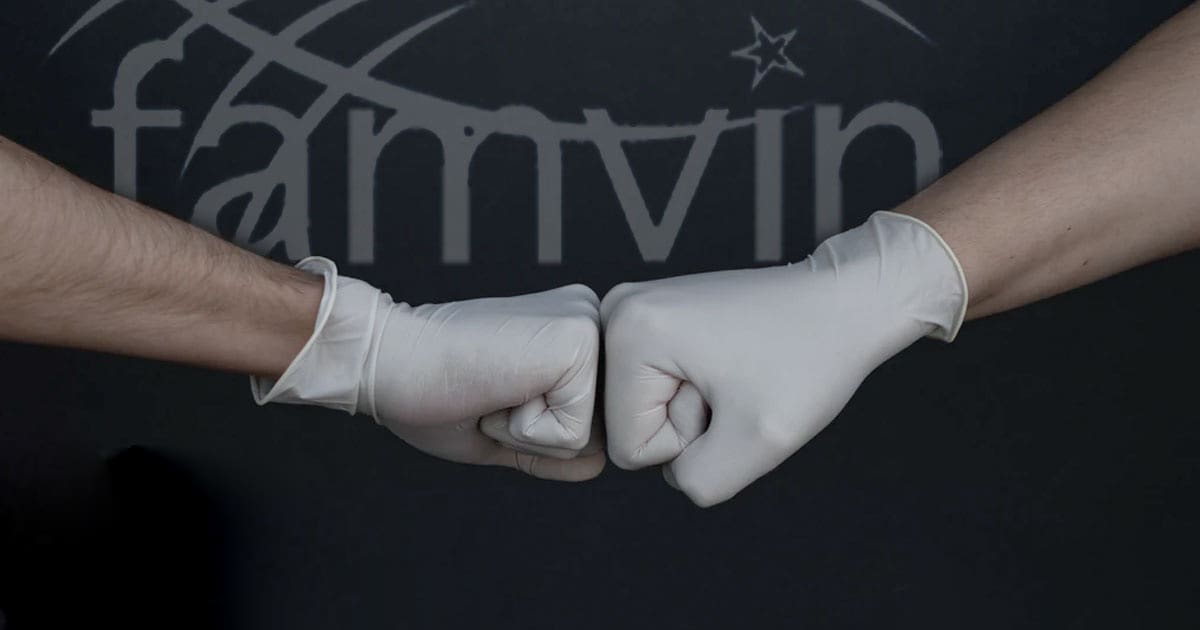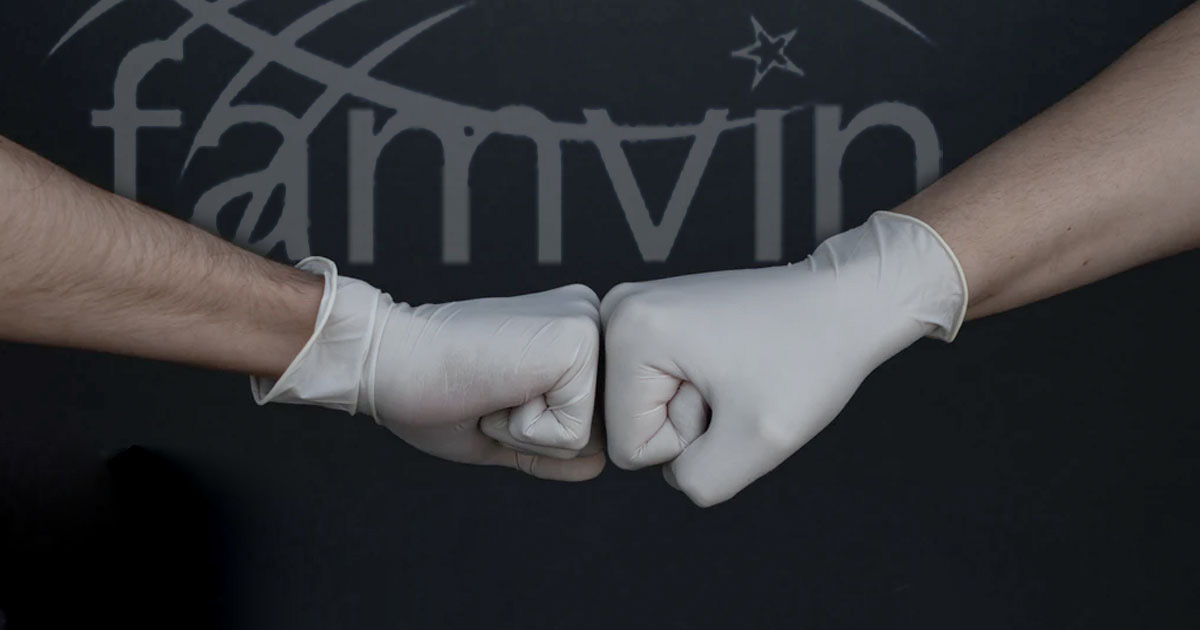Lessons Learned During the Pandemic: #1 – Our Elders are Important
During the past months, the whole world has suffered as a result of the covid-19 pandemic. We have all been forced to take some very severe measures in order to avoid becoming infected: isolation, meticulous hygiene, social distancing … Society has been paralyzed and an economic crisis now threatens to further increase the number of people affected, not only with regard to their health but also with regard to their well-being and quality of life (becoming caught up in the web of poverty and thus further aggravating their situation of helplessness).
Can something good come from all of this? As Christians, we believe in a merciful God, the Father of all people, and we also believe in the ability of the human person to do good. Hope is intimately connected to Christian faith. Therefore, we know that even in the midst of situations as devastating as the one in which we now live, there are many positive lessons to learn and preserve. This series of articles will talk about and reflect on those positive lessons. No not all of them, but some in particular, more specifically, those lessons from the personal experience of the person who writes each article.
Each week a member of the Vincentian Family will share a part of his/her experience during recent months. From the depths of their heart these writers will present a message of hope because we are convinced that there are positive lessons to be learned from this pandemic.
We are all aware that the elderly have been most affected by the current pandemic. Our grandparents, parents, friends and older neighbors … they have suffered, with special virulence, the consequence of this pandemic (at times that suffering has been aggravated by other underlying conditions that are common to people of their age … and in far too many situations this virus has been fatal). So much so that in Spain, of the total number of deaths from covid-19, more than 85% were over the age of seventy.
My parents are elderly, more than seventy-five years of age. They are self-supporting and, with all their different infirmities, are able to maintain an active and independent life. Their lives were not easy: they were born at the time of the Spanish civil war (1936-1939) and suffered many hardships during the postwar era. With hardly any opportunity to go to school other than to learn to read, write, add and subtract, they began, as children, to work in the fields. Before they were twenty years old they emigrated in order to work in Bilbao (an area of Spain that was experiencing significant industrial growth). It was there that they met and formed a family. Despite poverty and many needs during their life, they cared for and educated three children who, in time, left their parents home in order to form their own family.
In my case, as in many others, in large measure, I owe everything that I am and that I have to the efforts, love and sacrifices of my parents.
When the pandemic forced us into confinement in early March, my first thought was my parents. Even then I knew that the isolation was to last for a prolonged period of time. Younger people had tools to pass the time: their work and jobs, the internet and hobbies and various forms of entertainment made the isolation more bearable. But for my parents and many elderly people living alone, their only distraction was television. I could not bear seeing my parents isolated, experiencing great uncertainty because of the “bad news” that was being transmitted on the television. So I visited them periodically (mindful of social distancing and other health precautions). I spoke with them every day and taught them how to engage in videoconferences (through Whatsapp) so that they could see their children and grandchildren. The confinement has provided us with an opportunity to speak with one another in ways that have not happened since I left my parent’s home and became independent. Thank God they continue to enjoy stable health, even though during these months the coronavirus claimed the lives of some of the members of our large family.
The story of my parents during the pandemic is the same as thousands and millions of elderly people who, in our society, live alone. I have had the grace of being able to approach some of them, neighbors on my block and in my neighborhood who, fearful of leaving home and unable to do so without help, asked me to run small errands and make some purchase for them. In most of those situations, fear and loneliness were regular companions in their life.
During this pandemic we have all been made aware of the situation in which so many elderly people live: loneliness is their habitual companion (and that loneliness was made worse by forced distancing). Human beings are social by nature: we need to be near to one another, to embrace and to kiss our family members and friends. All of that was taken from us during the pandemic and we have missed it … and the elderly have missed this on a deeper level.
Despite the anomaly of this situation, we have discovered many positive lessons for our personal and social life. One that I can corroborate is that our elders are important not just because we are who we are thanks to their effort but because they are the most precious beings that we have in our family and in our society, people who are always ready to welcome and help us, to listen to us and embrace us with a pure and selfless love. When they die and part of us also dies. Without a doubt, the health of society, or of any societal institution, can be measured by the concern it has toward its older members.
Now that the pandemic seems to be somewhat controlled in many parts of the world, let us commit ourselves to caring more tenaciously and zealously for the elderly: in our family, in our communities and in our neighborhood. They have much to offer us … and with generous love they will continue to make that offer, if we just ask them.
Would you like to share with the Vincentian Family worldwide some concrete and positive experience of yours during this time of pandemic? If so, please fill out the following form. It need not be very long, 300-400 words is enough:









Thank you Javier for shining a light on a situation that millions of us experience and the lessons we can learn from this extraordinary time.